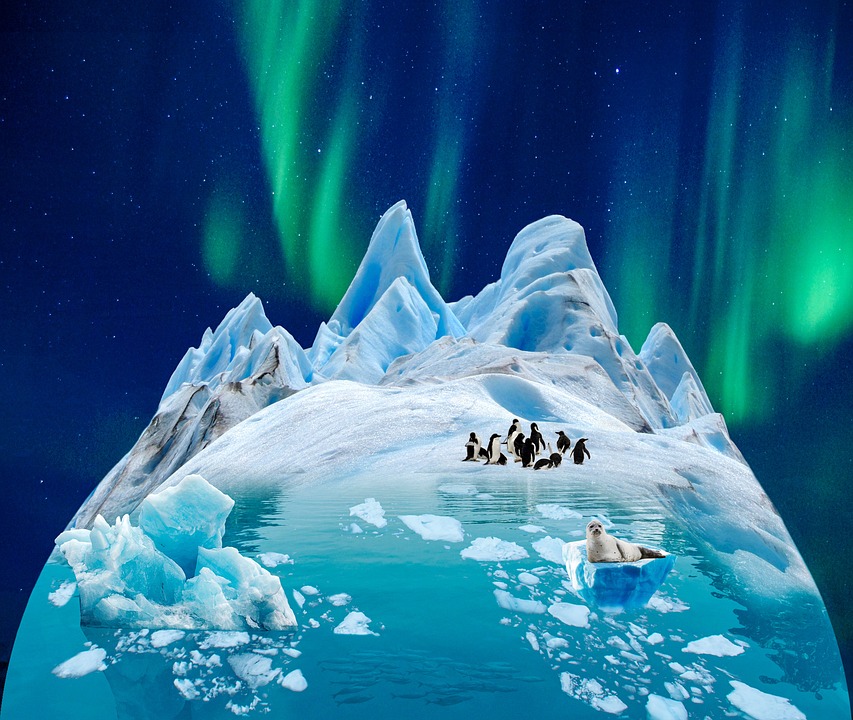What Is the Climate in the Southwest? A Guide to the Unique Weather Patterns of the Southwestern United States
The Southwestern United States, encompassing states like Arizona, New Mexico, Nevada, Utah, and parts of California, Colorado, and Texas, is characterized by a diverse climate influenced by its unique geography. From arid deserts to mountainous regions, this area experiences a variety of weather patterns that significantly affect its ecosystems and human activities.
General Climate Characteristics of the Southwest
– Arid and Semi-Arid Conditions: Much of the Southwest is classified as arid or semi-arid, receiving low annual rainfall—often less than 10 inches in desert areas like southwestern Arizona. This results in dry air and limited vegetation growth[2][5].
– Temperature Extremes: The region experiences hot summers with temperatures often exceeding 100°F (38°C) in lower elevations, while winters can be mild to cold. Notably, daily temperature variations can be significant, especially in desert areas where nighttime temperatures can drop drastically[3][5].
– Sunshine and Clear Skies: The Southwest enjoys high sunshine hours throughout the year, contributing to its warm temperatures and clear conditions. This abundance of sunlight plays a crucial role in the region’s climate dynamics[2][3].
Seasonal Weather Patterns in the Southwest
– Spring (March to May): Temperatures begin to warm up, with occasional rain in higher elevations. This season also sees the blooming of desert wildflowers if winter precipitation was sufficient.
– Summer (June to August): The lower deserts experience extreme heat, often exceeding 100°F. However, mountainous regions enjoy cooler temperatures during this time.
– Monsoon Season (July to September): A significant feature of Southwestern weather, this season brings brief but intense thunderstorms that can lead to flash floods, particularly in Arizona and New Mexico. Approximately half of the annual rainfall occurs during this period[3][9].
– Autumn (September to November): This season is marked by cooler temperatures and dry conditions, making it ideal for outdoor activities and tourism.
– Winter (December to February): Winters are generally mild in lower elevations with temperatures ranging from 40°F to 70°F (4°C to 21°C), while higher elevations receive snowfall[1][3].
Regional Climate Variations Across the Southwest
– Desert Areas (e.g., Arizona, Southern Nevada): Characterized by extremely hot summers and very little rainfall, these regions have mild winters.
– Mountainous Regions (e.g., Northern Arizona, New Mexico): These areas experience cooler temperatures year-round and significant snowfall during winter months.
– Plateau Regions (e.g., Colorado Plateau): Generally semi-arid with moderate temperatures; these regions exhibit considerable variation between summer and winter conditions[5][8].
Key Factors Influencing the Climate of the Southwest
– Proximity to Deserts: The Sonoran and Mojave Deserts significantly influence local climates, contributing to hot and dry conditions.
– Mountain Ranges and Elevation: Elevation plays a critical role in determining temperature and precipitation patterns. Higher elevations tend to be cooler and wetter compared to surrounding lowlands[2][5].
– Monsoon Influence: The seasonal monsoon brings essential moisture during summer months but is often localized and brief[3][9].
Climate-Related Challenges in the Southwest
– Drought and Water Scarcity: The region faces persistent drought conditions exacerbated by low annual rainfall and high evaporation rates. This scarcity poses significant challenges for water management[1][6].
– Extreme Heat and Health Risks: Intense summer heatwaves increase health risks for residents and elevate energy demands for cooling systems[7][8].
– Wildfire Risks: Dry conditions during drought periods contribute to frequent wildfires across the region, threatening ecosystems and human settlements alike[6][7].
FAQs
– What is the hottest month in the Southwest? Typically July is the hottest month across most areas.
– How much rainfall does the Southwest receive annually? Annual rainfall varies widely but averages around 12.7 inches (322 mm) for Arizona and 13.4 inches (340 mm) for New Mexico.
– What is the monsoon season? The monsoon season occurs from July to September, bringing brief but intense thunderstorms that provide critical summer rainfall.
– What areas have the mildest climates? Mountainous regions generally have milder climates compared to desert areas.
– How does elevation affect climate? Higher elevations experience cooler temperatures and more precipitation than lower areas.
– What challenges does climate change pose? Climate change leads to increased heat, prolonged droughts, reduced water supplies, and heightened wildfire risks.
– When is the best time to visit? The best time for outdoor activities typically falls in spring or autumn when temperatures are more moderate.
Conclusion
The climate of the Southwestern United States is marked by its unique features—from scorching deserts to cool mountains—each contributing to a complex weather system that shapes both natural ecosystems and human life. Understanding these climatic characteristics is vital for addressing challenges such as water scarcity and extreme weather events while appreciating the region’s natural beauty.

Kyle Whyte is a notable scholar and professor at the University of Michigan, holding positions such as the George Willis Pack Professor in the School for Environment and Sustainability and Professor of Philosophy. Specializing in environmental justice, his work critically examines climate policy and Indigenous peoples’ ethics, emphasizing the nexus between cooperative scientific endeavors and Indigenous justice. As an enrolled Citizen Potawatomi Nation member, he brings a vital perspective to his roles as a U.S. Science Envoy and member of the White House Environmental Justice Advisory Council. His influential research is supported by various prestigious organizations including the National Science Foundation, and disseminated through publications in high-impact journals. Kyle actively contributes to global Indigenous research methodologies and education, with affiliations to numerous institutes and societies dedicated to traditional knowledge and sustainability. Recognized for his academic and community engagement, Kyle has earned multiple awards and served in various visiting professorships. His efforts extend to leadership positions on boards and committees focused on environmental justice nationwide.
